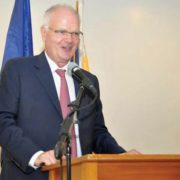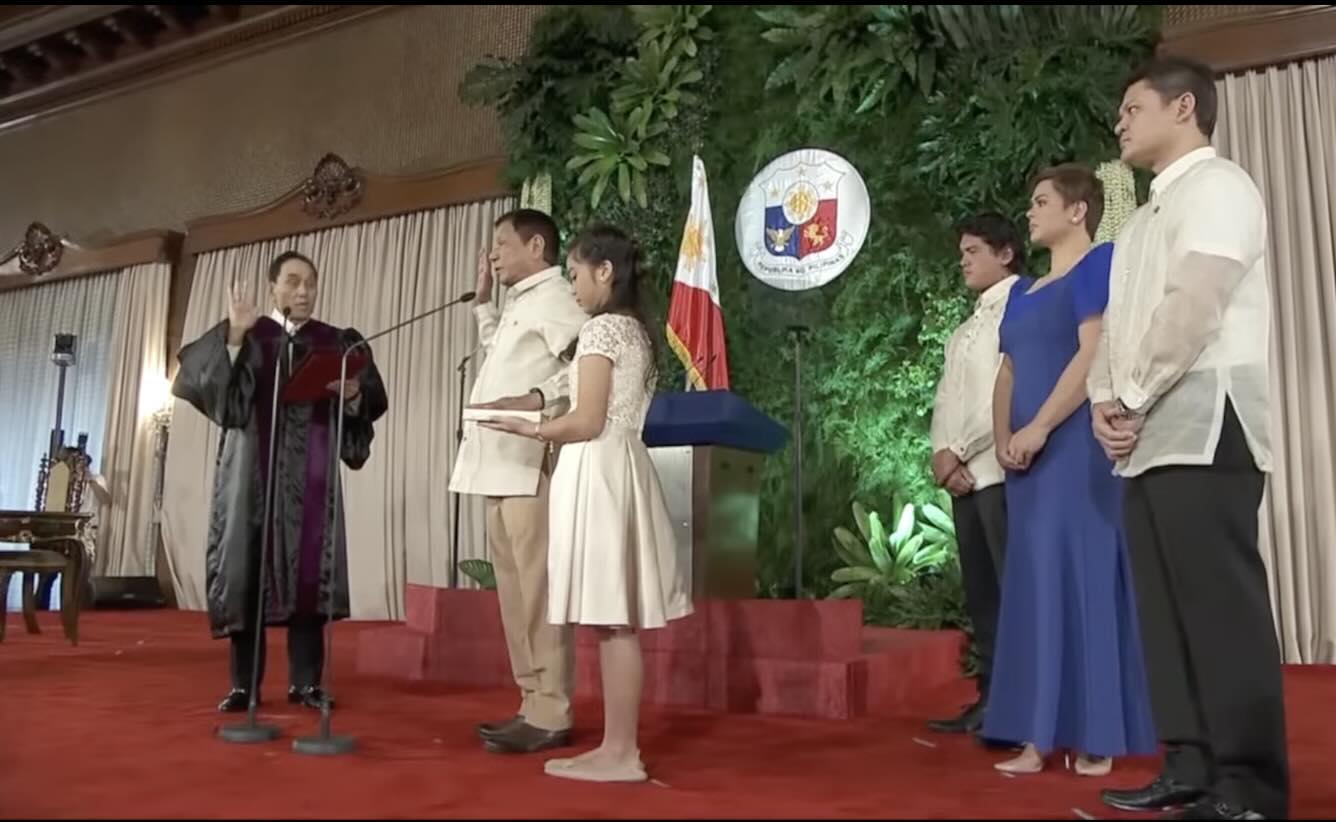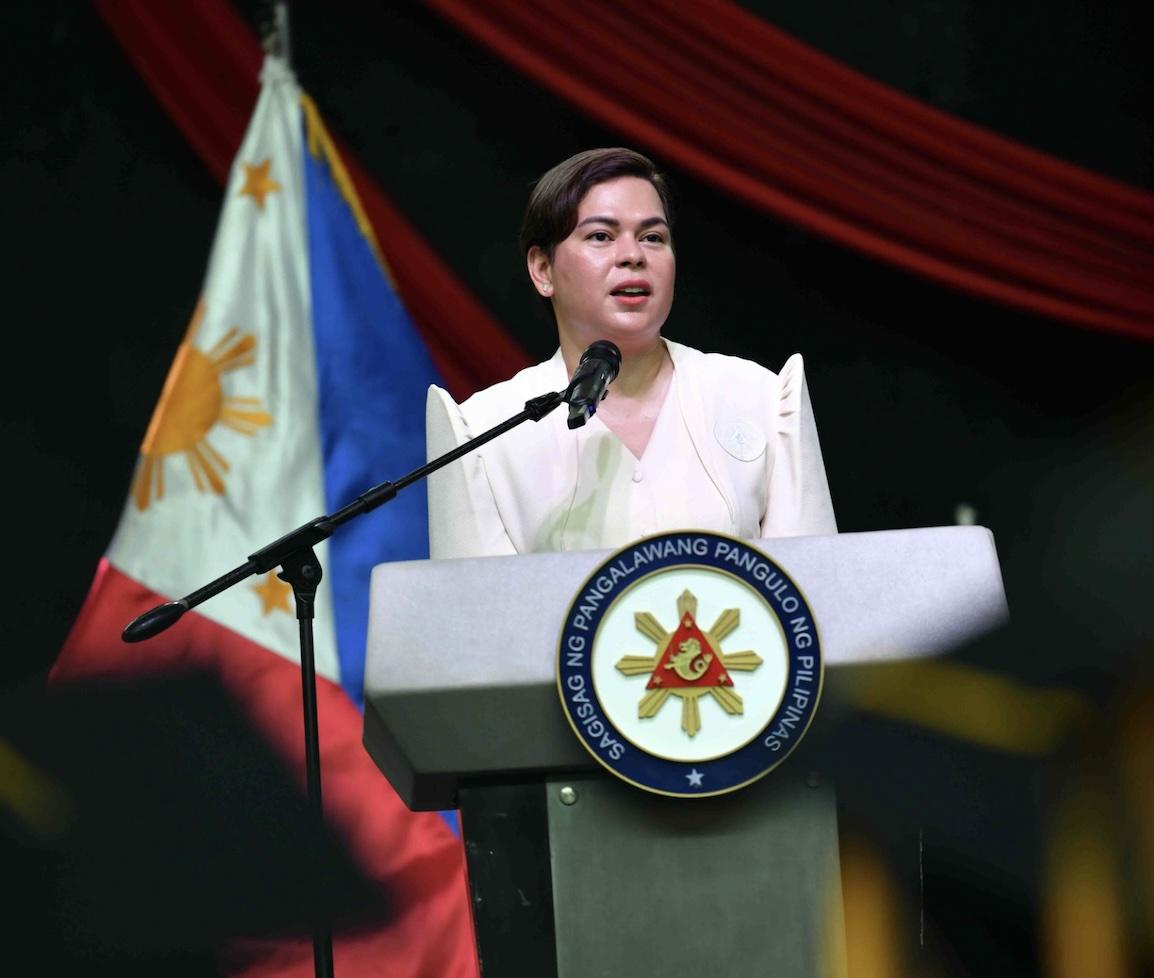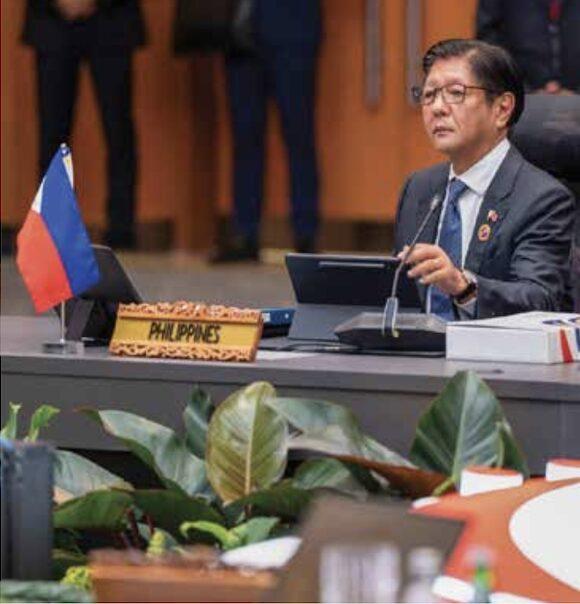THE Philippine government has formally rejected assistance projects amounting to at least P380 million or 6.1 million euros being offered by the European Union (EU), according to EU Ambassador to the Philippines Franz Jessen.
Jessen made the confirmation on Wednesday, January 24, during the weekly Kapihan sa Manila Bay news forum.
According to him, the Philippine government has rejected the Trade Related Technical Assistance Project Phase Four (TRTA-4) “at the end of the past year.”
“It was formalized in the sense that we had, for example, the TRTA, a document that actually had to be signed by the end of the year. And that has been returned to us unsigned,” the EU ambassador told reporters.
He said the Philippine government raised objections to areas of “rule of law,” “democracy,” and “human rights” cited in the TRTA documentation.
Apart from the TRTA-4, the EU ambassador added that the Philippine government is also about to reject another P2.4 billion to 39 million euros in aid for sustainable energy projects.
The Philippines earlier said it will not accept foreign aid that comes with conditionalities that will affect country’s sovereignty as part of its independent foreign policy.
“For me it’s a bit sad that after 30 years plus of development cooperation, we suddenly get into this situation. And the independence of Philippine foreign policy – I’m still struggling a bit to understand how we are interfering in that,” Jessen said.
He also noted that the conditions attached to EU grants “are not specifically for the Philippines” but for the EU’s cooperation “with all countries in the world.”
Following the Philippines’ decision to turn down the aid grant, the ambassador said the EU respects the country’s decision.
“We respect the decision. It is important for us that we don’t have misunderstanding. It’s, at the end of the day, for them to decide,” he said.
Asia-EU meeting invite
During the forum, Jessen also disclosed that the bloc has sent an invitation for Philippine President Rodrigo Duterte on Tuesday, January 23 to visit Europe and attend the upcoming Asia-Europe Meeting (ASEM).
The ASEM, which is slated in October this year, is a dialogue forum aiming “to foster dialogue and cooperation between Asia and Europe.”
“He’s not been to Europe, and I think he’s actually never been to Europe, and when you think about the importance of the EU-Philippine relationship, it is probably starting to be noticeable that we haven’t had a visit from him,” Jessen said.
The EU ambassador expressed the belief that after Duterte visit in Europe, he will come back in the Philippines “with a more positive understanding” of the EU.
“So I would very much like him to go there and maybe also to develop his understanding of Europe and what we’re doing in Europe. We are not spending all our time criticizing the Philippines,” he added.
Duterte, who assumed the presidency in 2016, had repeatedly lashed out at the EU for raising human rights concerns over his controversial campaign against illegal drugs, accusing the bloc of interfering in the Philippines’ domestic affairs.
Jessen said Malacañang has yet to issue a response to the invite.






